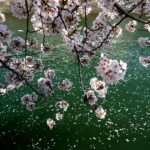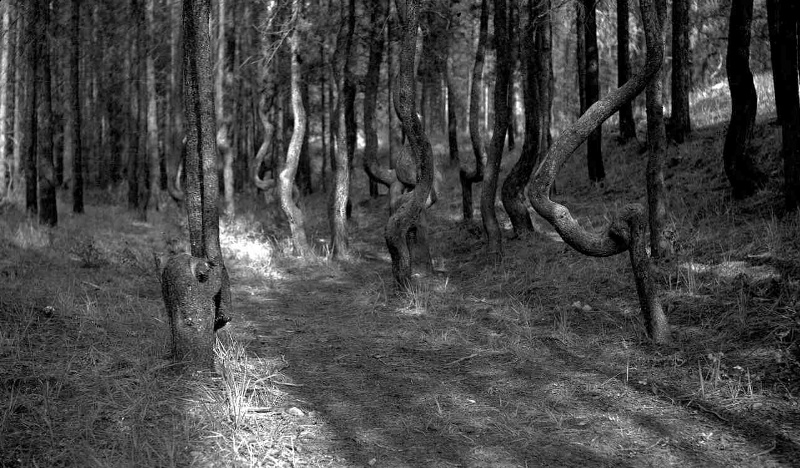Lyrics stand out when they convey the feel of a certain generation. Kandagawa (1973) by Minami Kosetsu & Kaguyahime is one of the best songs of that kind. The imagery throughout the song is nothing but a young couple spending a certain period of time together, leading a humble, intimate life that simplicity and frugality made possible and eventually breaking up. All the details of lifestyle depicted in this song could be relatable to people of a certain age group as well as modern listeners who know of what it used to be like.
ある時代の雰囲気を伝える歌詞というものがあります。南こうせつとかぐや姫による「神田川」はその代表と言えるでしょう。歌詞全体に描かれているのは、ある一組の若い男女。一定期間を共に過ごし、簡素で慎ましやかなことで生まれた、こじんまりとした温かな暮らし、そして別れ。ある年代の人間にとっては、大いに共感できる暮らしぶりでしょう。また、その時代の雰囲気を少しでも知っていれば、現代でも大いに感じるところはあるのではないでしょうか。
One of the mysteries this song left is the meaning of its lines from the chorus: I was young and reckless, full of conceit/But when you were simply nice and sweet/It felt too mellow/I got cold feet. To put it simply, you feel intimidated when your partner is simply nice and sweet. To explore this meaning, let’s get back to the days when this song was written, days when people always had something to question, challenge and stand up to.
最も大事な数行には、しかし、まだ謎が残るのではないでしょうか。なぜ「あなたのやさしさがこわかった」のでしょうか。相手がただただいい人であることで感じる不安とでもいうのでしょうか。その意味を考えるために、この歌詞が生まれた時代に戻る必要があります。人々が常に何かに疑問を持ち、異議を唱え、何かのために立ち上がった、そんな時代に。
Tadashi Kitajo, a writer of this song, started wading into social activism when he was young. He got home, exhausted after one long day and saw his partner cooking at the kitchen in a calm, homely manner, which struck him alarming because it was something that could pull him out of furious, frantic and frenzied activism and lure him into a rustic, safeguarded and peaceful nest. He was intimidated at what seemed to be too mellow, or a simple way of life, contrary to what he devoted himself to..
この歌の作詞者である喜多條忠氏は、社会活動に身を投じた若者でした。ある長い一日を終え戻ると、恋人が台所で料理をしているのが目に入りました。その穏やかで家庭的な空気に、彼は恐れを感じたというのです。大きな目的に身を燃やす生き方をやめてみようか、簡素で暖かい穏やかさの中に身を落ち着けてもいいのではと。現在自分が心血注いでいるものとは正反対の穏やかな日常のやさしさ、それが怖かったのだと。
Is this because of youth or because of devotion to a great cause at the expense of simple, if not naïve, happiness one could enjoy? The change of seasons never withers the luminosity of a truly relatable song that arouses particular images the moment a certain word comes out. That is why this song really stands the test of time.
若かったからなのか、純朴とは言わないまでも、素朴な暮らしの中にある幸せを犠牲にしてまでも、大きな目的に身を捧げてしまうからなのか。季節がめぐり、時代が移り変わっても、ある単語が聞こえた瞬間から胸を熱くさせるイメージの力、そんなものが伝わる名曲ですね。
Kandagawa
Do you remember
With a red towel instead of a scarf to wear
Going to a bath around the corner
Saying you wouldn’t come out any later
But all too often it was me to wait outside
And got a chill with my hair undried
A small piece of soap clattering in the pail
Holding close my shoulder that turned pale
And you said “Don’t you feel cold?”I was young and reckless, full of conceit
But when you were simply nice and sweet
It felt too mellow and I got cold feetDo you remember
Crayons in 24 colors you got somewhere
My portraits you promised to draw perfect
Never as good as I could expect
Under the window ran the Kandagawa
My place small as a sheltered bower
With only one single room to equip
Turning your gaze at my fingertip
And you said “Are you feeling sad?”I was young and reckless, full of conceit
But when you were simply nice and sweet
It felt too mellow and I got cold feet































